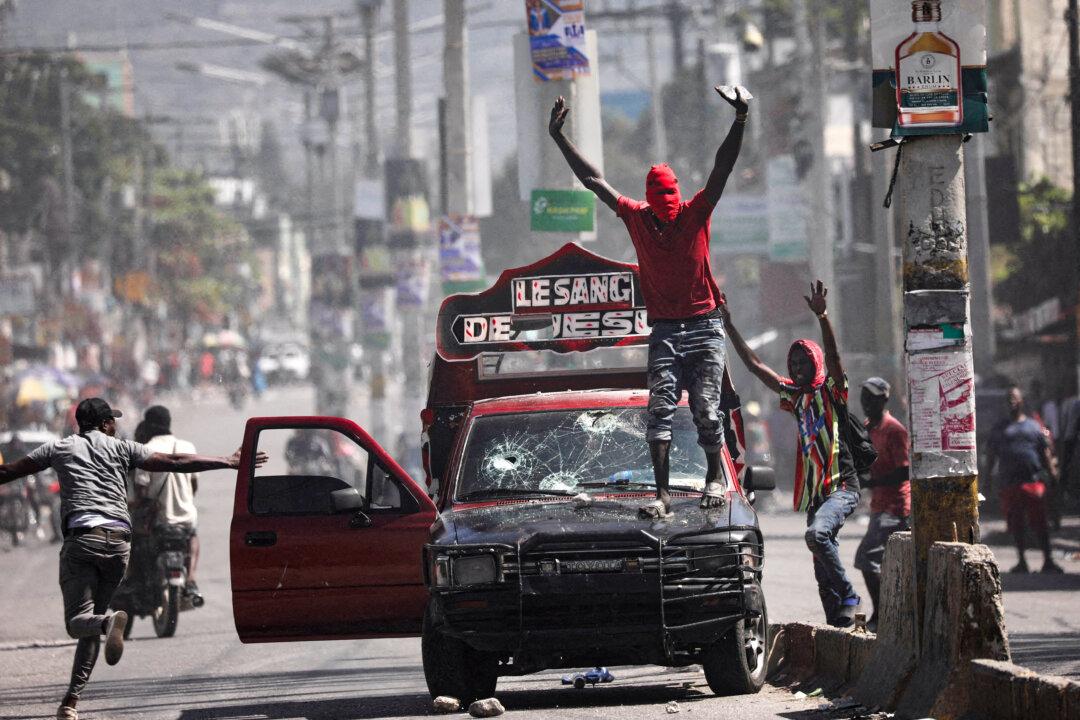More than half a million people have been displaced in Haiti as the country’s security situation rapidly deteriorates and armed violence increases, according to the U.N.’s International Organization for Migration.
A report published on June 18 by the organization says some 578,074 people were displaced mainly as they fled the nation’s capital, Port-au-Prince, to seek refuge in provinces that lack the resources to support them.




